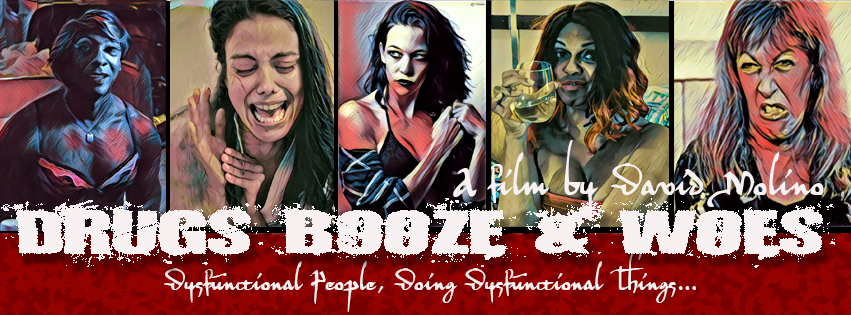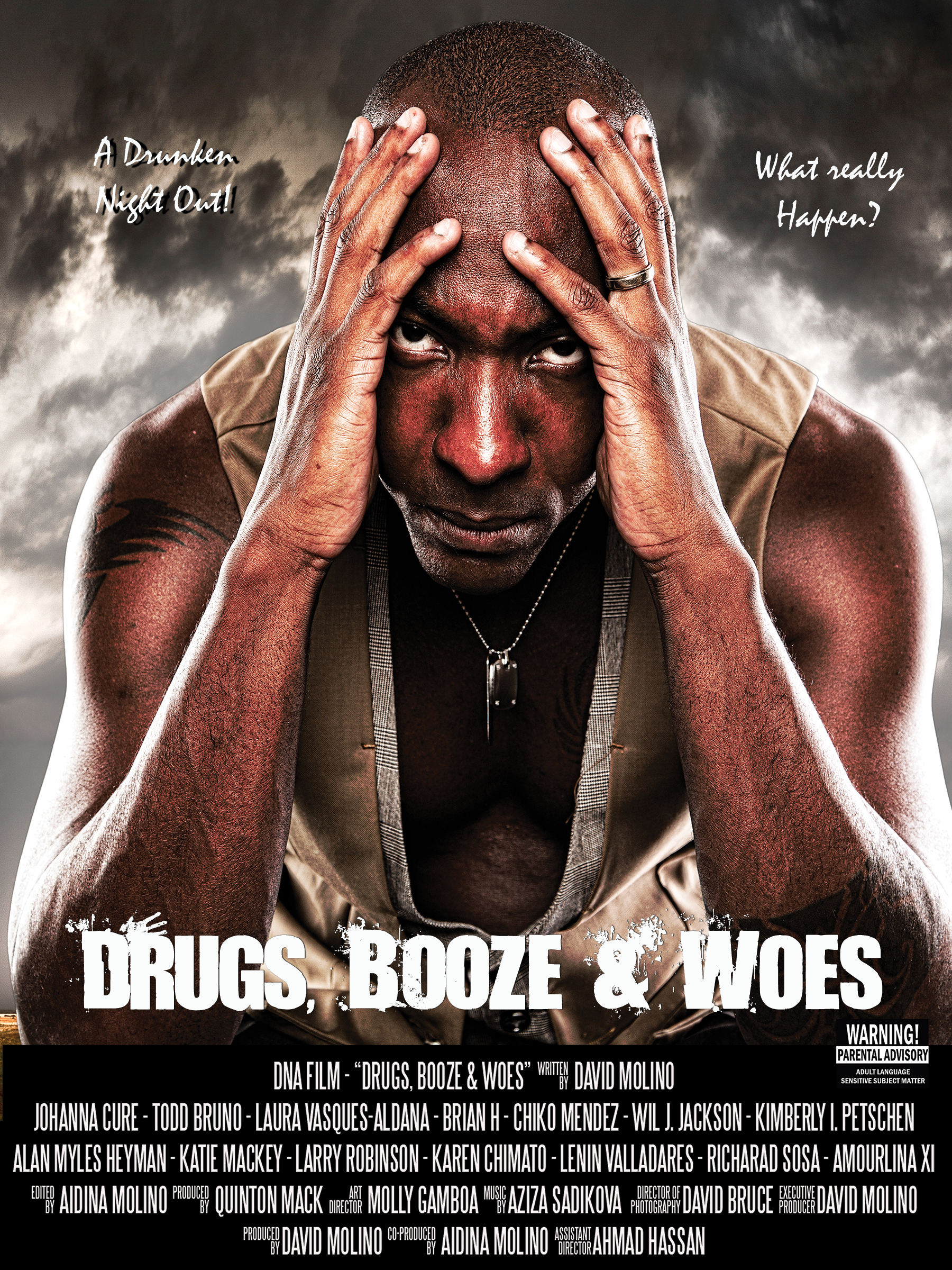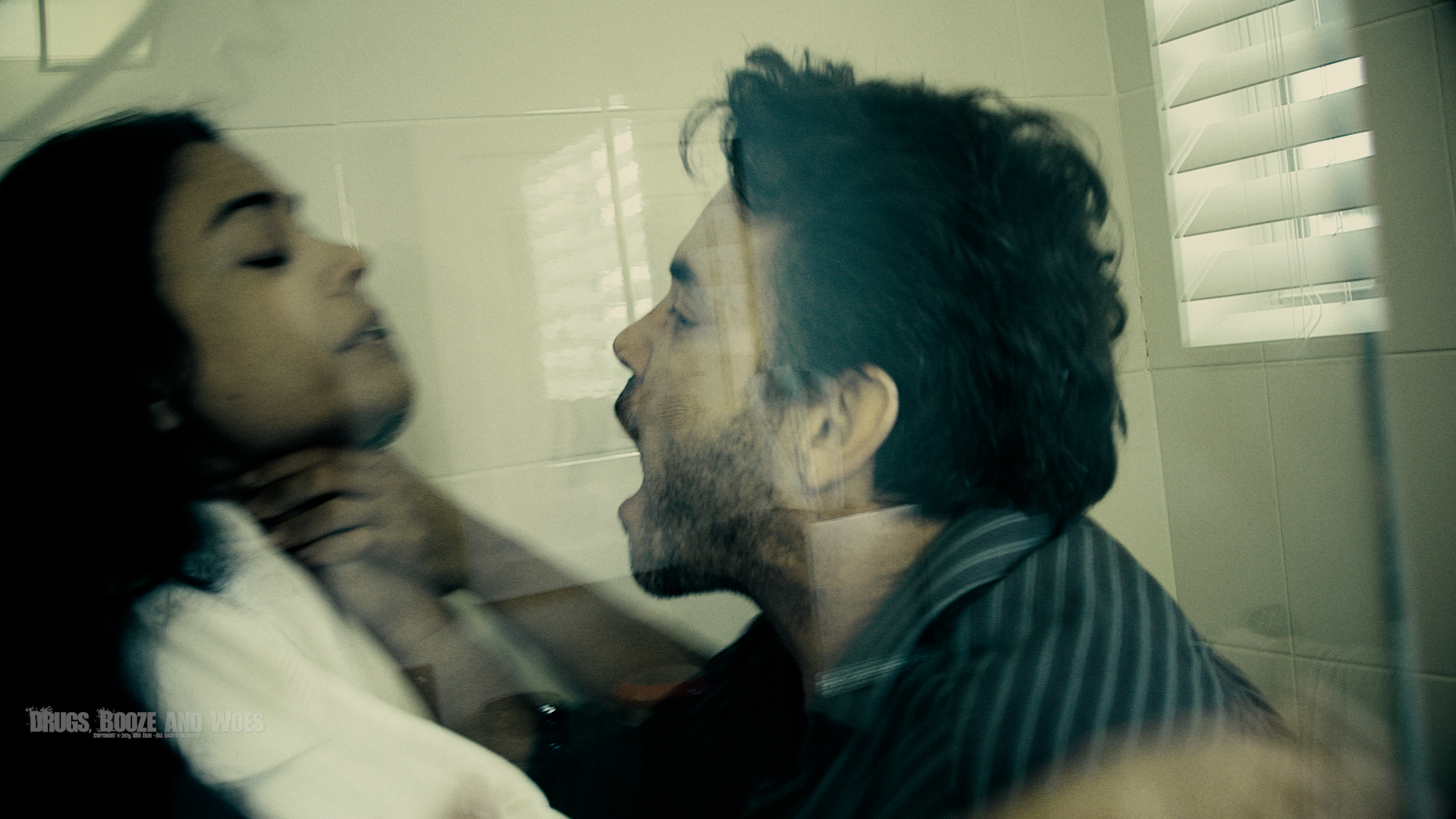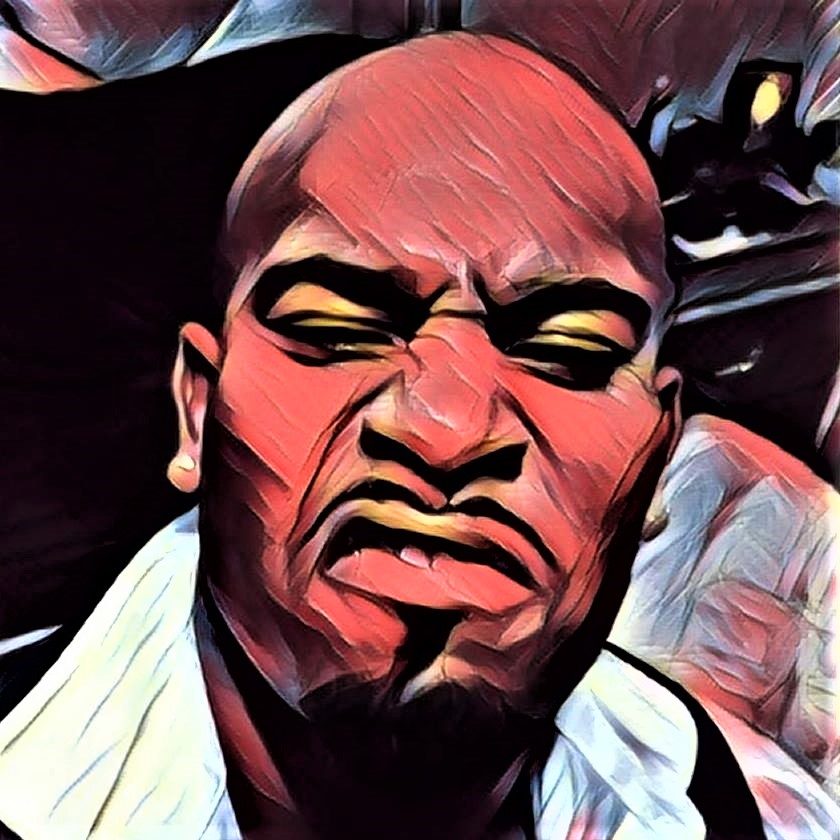~ A film by David Molino
My page got hacked, a lot of my research has been temporarily removed. Fortunately it has all been saved, and will be uploaded shortly.
*WARNING* Strong language, Viewer discretion is advised.
Please like us and follow us on Facebook: CLICK HERE> Facebook.com/drugsboozewoes
“People are in a state of crisis when they face an obstacle to important life goals—and obstacle that is, for a time, insurmountable by the use of customary methods of problem-solving.” (Caplan, 1961)
Treatment may involve the use of cognitive behavioral therapy (CBT) to help people evaluate thoughts and feelings related to trauma and replace negative thinking with more realistic thoughts.
PTSD cannot be diagnosed until at least 30 days following a traumatic event because many PTSD-like symptoms are actually part of your body’s natural response to a traumatic event, and for many people, these symptoms will gradually reduce over time.
Feeling unsafe: After a traumatic event, our assumptions about the world being a safe and secure place are understandably shattered. Consequently, people may feel as though any situation or place is potentially dangerous. Places or situations you once felt secure in may now feel threatening and be anxiety-provoking. This is especially likely to occur in situations or places that remind you of your traumatic event.
Hypervigilance: It is also very natural to feel more on-guard and aware of your surroundings after a traumatic event. This is actually a very protective symptom as your body is attempting to keep you safe by making you more aware of potential sources of threat and danger. This natural safety mechanism is going to be more sensitive following a traumatic event.eeling unsafe:
Hyperarousal: Just as you are going to likely be more on-guard, you are also likely going to feel more keyed-up and on edge following a traumatic event. This is again part of your body’s natural protection system. Fear and anxiety tell us that there is some kind of danger present, and all the bodily sensations that go along with fear and anxiety are essentially designed to help us respond to that danger. They are preparing us to flee, freeze, or to fight. Following a traumatic event, your body’s alarm system is going to be more sensitive in an attempt to protect you from future traumatic events.
Intrusive thoughts and memories: After a traumatic event, it is common to experience some intrusive thoughts and memories of the traumatic event. This is especially likely to occur when you encounter something (for example, a person, place, or image) that reminds you of the traumatic event.
Avoidance: After a traumatic event, it is very common to avoid certain situations, activities, or people. However, you must pay attention to avoidance behaviors. Avoidance usually leads to more avoidance as it reinforces the belief that the world is not a safe place. This avoidance can then lead to a worsening of symptoms and eventually PTSD.
Avoidance: After a traumatic event, it is very common to avoid certain situations, activities, or people. However, you must pay attention to avoidance behaviors. Avoidance usually leads to more avoidance as it reinforces the belief that the world is not a safe place. This avoidance can then lead to a worsening of symptoms and eventually PTSD.
Unhealthy coping behaviors: Just as avoidance of activities, situations, or people can be problematic, so can the avoidance of thoughts and feelings. The symptoms people experience after a traumatic event can be very distressing. As a result, people may rely on unhealthy coping strategies (for example, using substances) as a way of avoiding these symptoms. Avoidance is only a short-term solution, and in the long-run, it can actually cause your feelings and thoughts to become more intense.
Loss of interest: It is important to keep an eye out for a loss of interest in activities that you used to once enjoy, as well as feelings of being detached from others. This symptom can be a sign that you are at risk of becoming depressed. This symptom may also cause you to isolate yourself from others, including important sources of social support.
Treatment may involve the use of cognitive behavioral therapy (CBT) to help people evaluate thoughts and feelings related to trauma and replace negative thinking with more realistic thoughts.
If you have been diagnosed with PTSD as a result of trauma, there are medications that may also be helpful as a part of your treatment. These medications may include:
- Antidepressants, including serotonin reuptake inhibitors (SSRIs) such as Paxil (paroxetine) and Zoloft (sertraline), both of which have been approved by the FDA for the treatment of PTSD
- Anti-anxiety medications, such as benzodiazepines including Valium (diazepam) and Ativan (lorazepam)



















